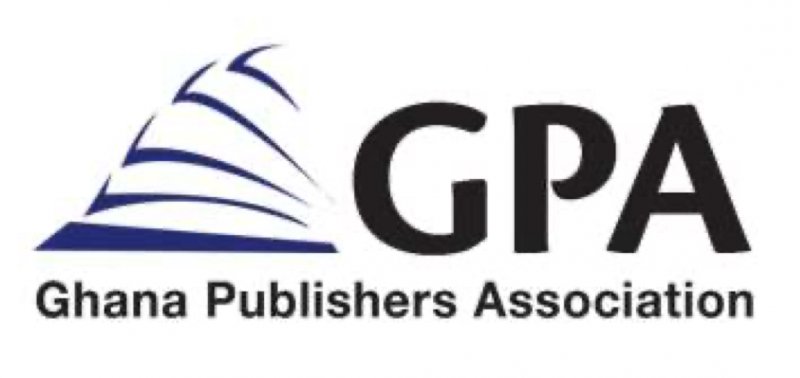The Ghana Publishers Association Wednesday called on government to review its literacy promotion activities to facilitate reading and literacy experience and introduce the appropriate digital innovations for optimum effects.
It also urged the government to consider a comprehensive sensitisation programme for all ministries and departments to promote literacy through their activities.
The Association made the call in a statement copied to the Ghana News Agency in Accra, signed by its President, Mr Asare Konadu Yamoah, to mark this year’s World Literacy Day.
The 2021 World Literacy Day, on the theme: “Functional Literacy through the Digital Experience,” is to bring to the fore…..
The statement said reading, over the years, had enhanced mental and analytical development but Africa still lagged behind, witnessing a declining quality of education and culture.
UNESCO (2019) stated that: “Despite progress made, literacy challenges persist with at least 773 million adults worldwide lacking basic literacy skills today.”
The 2018 World Development Report also said nearly 80 per cent of Ghana’s working-age population had just level one literacy or below – “that is, their literacy proficiency is limited to understanding basic texts, but they are not able to integrate, evaluate, or interpret information from a variety of text materials.’’
The statement said those reports, and many researches, did not reveal satisfactory results on Ghanaian literacy.
“It is, therefore, a priority that we develop appropriate strategies to change the situation. Governments are elected to serve one purpose: To improve the lives of the people! Governments are by the democratic contract enjoined to accelerate the transformation of the lives of the people through appropriate policies.
The fundamental policy is to empower the people to be functionally literate,” it said.
It also noted that the old definition of literacy, where the mere ability to read and write was the qualification for being literate, was no more.
“Today literacy is about life, it is the embodiment of human dignity and right, the ability to transform one’s environment to suit one’s lifestyle and contribute to the progress of society,” the statement said.
“Therefore, our educational policies and directions must be couched to ensure that the population has enlightenment to continue the improvement of their lives and status after formal education. The missing link is the commitment by governments to the objective of providing teaching and learning materials to support the agenda of providing quality education and improvement of the lives of the population.”
“Reading is important, it is the very foundation of life. In today’s world no one can live without being able to read, write and apply the knowledge acquired. As an individual, you are confronted with the reality as you grow. You must notice your environment and find innovative ways to adapt. One of the tested and most potent ways is your ability to read what you see, write effectively, and translate them into functional activities.”
It described the current social challenges of filth, ignorance, and intolerance as products of an illiterate society.
“We have not been able to transform ourselves into the desired citizens that education had envisaged. This is all because we have left reading and literacy out of the various education reforms so far,” it said.
The statement called on parents and educational authorities to make reading materials accessible to children and to enjoy every right there was to aid their development.
“Literacy must be considered a strategy for development and acceleration of human initiatives and creativity,” it said.
“Presently, we have an opportunity to escalate the improvement of the citizenry of their functional literacy skills. The digital experience will help us deepen the process of creating an environment that allows the use of the digital technology and other supporting innovations to enhance knowledge and livelihood…”
The World Literacy Day was launched in 1965 by the United Nations Educational, Scientific and Cultural Organisation (UNESCO).
The first global celebration was in 1966 and had since been celebrated annually.

